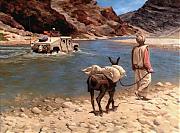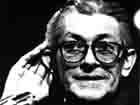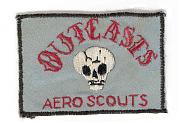2 August New York Times - U.S. Says It Is Prepared for Transition in Cuba by Anthony DePalma.
2 August Washington Post - For Castro, a First Step In Calculated Transition by Karen DeYoung and Manuel Roig-Franzia.After waiting nearly half a century for Fidel Castro to relinquish power, Washington is warily monitoring the provisional transition in Havana, confident it has plans in place to assist pro-democracy groups in Cuba and to head off any mass exodus from the island...
The White House made it clear yesterday that it did not see Mr. Castro’s brother Raúl, 75, to whom he handed off much of his power, as very likely to improve conditions on the island or relations with the United States. There were no plans to negotiate with him...
A plan announced by the State Department two weeks ago provides $80 million over two years to help with a post-Castro transition. The United States would also send special monitors and advisers to Cuba in the weeks after a full transition began...
1 August Voice of America - White House Says It Will Not Reach Out to Raul Castro by Paula Wolfson.Cuban leader Fidel Castro's appointment of his younger brother, Raul, to take over temporarily as president and head of the Communist Party marks the beginning of a long-planned transition designed to maintain iron-fisted control of the island after Fidel Castro's eventual death, administration and intelligence officials said yesterday.
"This is their transition plan out for a test drive, a dress rehearsal," one intelligence official said of the surprise announcement Monday night that the Cuban leader had undergone surgery for intestinal bleeding and had relinquished "provisional" power to his brother...
White House Spokesman Tony Snow says President Bush has long hoped that one day Cuba will be free and democratic. But he says that will not happen with Raul Castro in charge.
"Raul Castro's attempt to impose himself on the Cuban people is much the same as what his brother did, so no, there are no plans to reach out," he said.
During a session with reporters, Snow downplayed prospects for any change in relations between Washington and Havana. He said Fidel Castro is a dictator who is now temporarily handing power to his brother, the nation's prison keeper.
Snow refused to speculate on the health of the ailing Cuban leader, who has long been a major political irritant to the United States. But he did say there is no reason to believe he is dead...






 Reply With Quote
Reply With Quote










Bookmarks